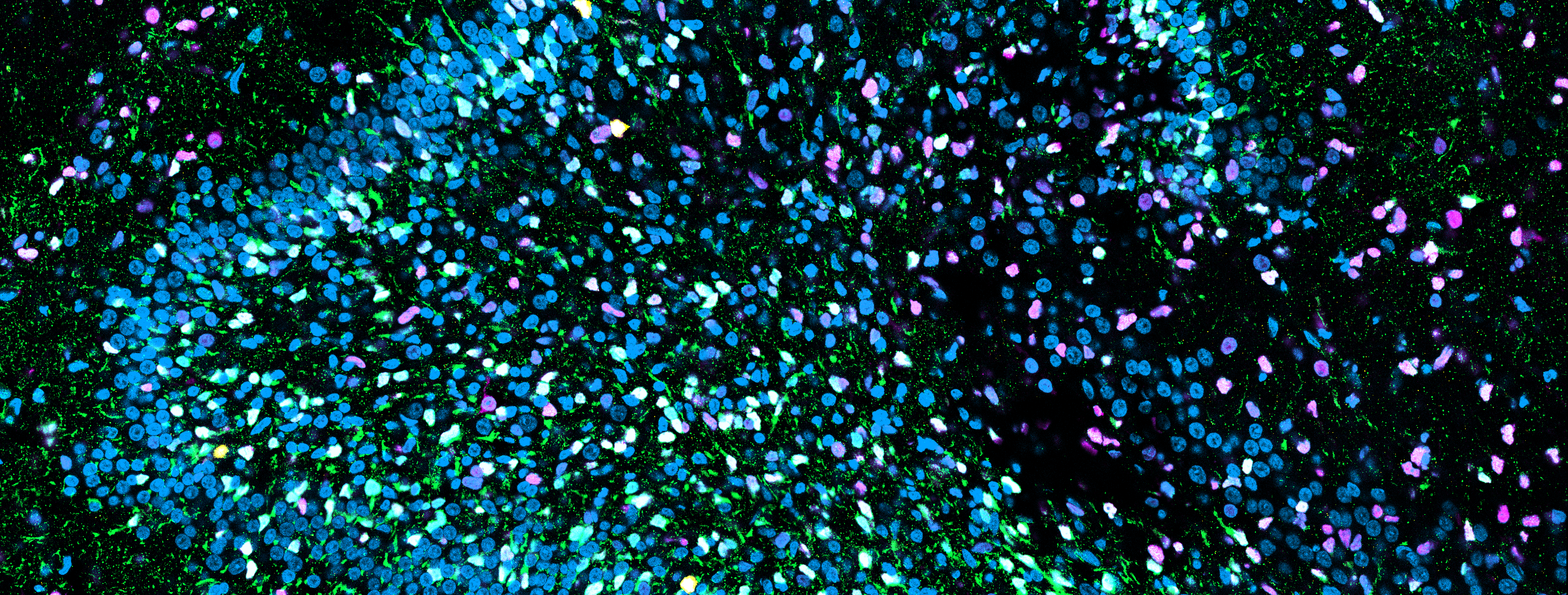Speaker
Description
Progressive Myoclonus Epilepsy Type I (EPM1) is a rare form of epilepsy, caused primarily by mutations in the CSTB gene.
Our previous studies using cerebral organoids derived from somatic cells of EPM1 patients (EPM1-CO), have shown that CSTB is implicated in human cortical development and plays a role in extracellular signaling, cell proliferation, interneuron recruitment and synapse physiology.
Here we demonstrate that EPM1 COs display altered electrophysiological activity compared to control COs suggesting a disrupted excitatory/inhibitory balance. In order to dissect interneuron trajectory and maturation, we focused on ventrally patterned COs (vCO), which give rise to interneurons. EPM1-vCOs reveal abnormal neural cell fate specification, characterized by a shift toward dorsal neuron identities.
CSTB is secreted in extracellular vesicles during neurodevelopment and the levels of functional CSTB impact surrounding cells in a cell-non-autonomous way.
In EPM1-vCOs, we identify pathological alterations in extracellular vesicle biogenesis and cargo, including aberrant Sonic Hedgehog (SHH) signaling. The altered SHH signaling via EVs is likely to be a critical factor in influencing neural differentiation and fate, thereby playing a significant role in the pathogenesis of EPM1.
Our findings suggest that both intrinsic and extrinsic factors contribute to EPM1 pathology and highlights potential therapeutic strategies mediated by extracellular vesicles.
| Author(s) | Andrea Forero1, Veronica Pravata1, Fabrizia Pipicelli2, Alessandro Soloperto2, Marta Ianni1,3, Francesco Di Matteo1, Zagorka Bekjarova2, Laura Canafoglia4, Giuseppina Maccarone2, Filippo M. Cernilogar1, Matthias Eder2, Rossella Di Giaimo1,2,3 & Silvia Cappello1,2 |
|---|---|
| Affiliation(s) | "1 Biomedical Center, Faculty of Medicine, Ludwig-Maximilians-University, Munich, Germany; 2 Max Planck Institute of Psychiatry, Munich, Germany; 3 Department of Biology, University of Naples Federico II, Naples, Italy; 4 Fondazione IRCCS Istituto Neurologico Carlo Besta, Milan, Italy." |

